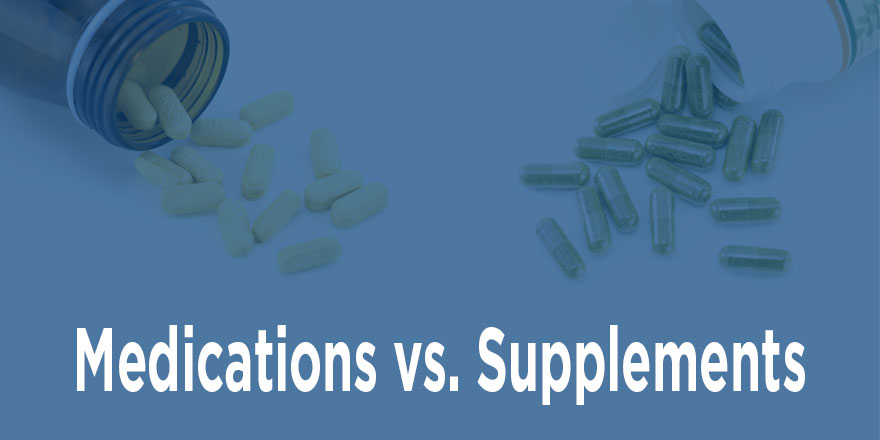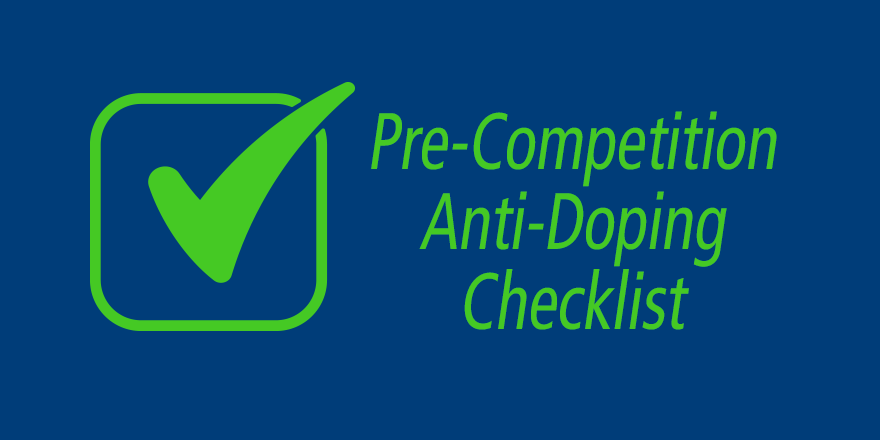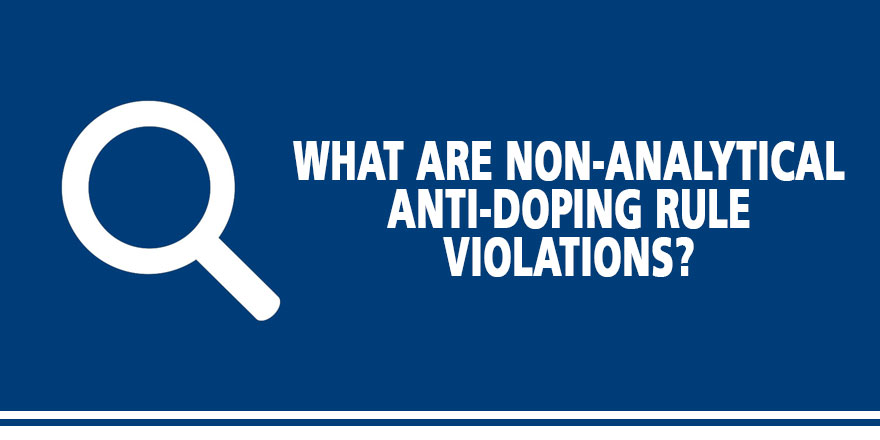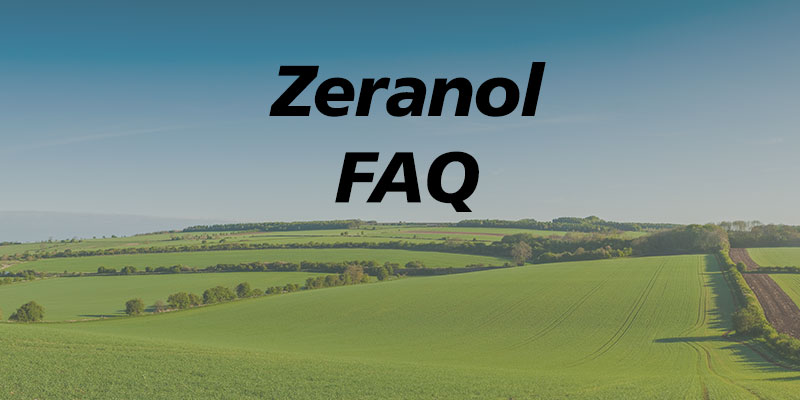
The Who, Why, and How of USADA Testing
Protecting clean sport means that USADA tests athletes at every age and level of competition. Learn more about why and how USADA tests athletes.

Medications vs. Supplements
Given that they are both used for health purposes, it would be easy to assume that medications and supplements are regulated the same way and produced to the same standards, but unfortunately this is not the case. Unlike medications, supplements are regulated post-market, which means that no regulatory body evaluates the contents or safety of supplements before they are sold to consumers.

Pre-Competition Anti-Doping Checklist for Athletes
Preparing for competition is a demanding process, but it’s important to remember the anti-doping requirements that go along with high-level sporting events. We created a brief list of anti-doping responsibilities to help you prepare to compete clean.

Three Ways Global Anti-Doping Can Be Transparent
Three ways anti-doping agencies can embrace transparency & build trust with their constituents, possibly impacting the effectiveness of detection & deterrence strategies.

What are Non-Analytical Anti-Doping Rule Violations?
Unlike an adverse analytical finding, a non-analytical anti-doping rule violation (ADRV) does not stem from a positive urine or blood sample, but instead originates from, and is substantiated by, other evidence of doping or violations by an athlete or athlete support personnel. For example, a non-analytical ADRV may stem from an investigation into a tip to a confidential hotline.

Zeranol FAQ
Following the resolution of a recent case involving zeranol, USADA would like to emphasize that there is an extremely small risk of encountering zeranol-tainted meat in the U.S. and subsequently testing positive in a doping control test.



